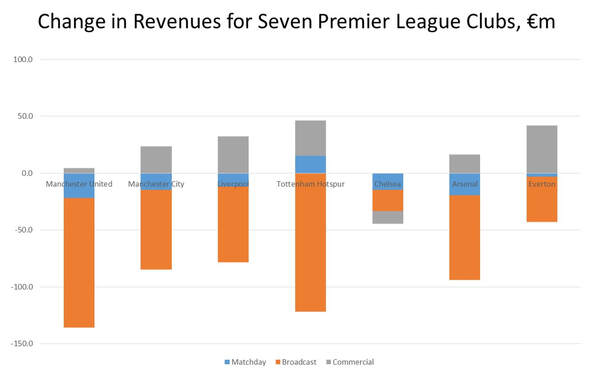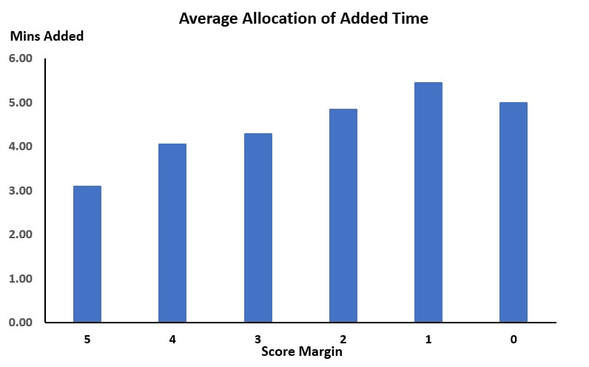As announced last month, our annual sports economics workshop will return in 2021 following postponement in 2020.The annual event will return on the 21st of May 2021.
Given the current public advice and government restrictions in place in Ireland, the event this year will be held online.
So far presenters have been confirmed from Lancaster University, the University of Reading and University College Cork. We hope to confirm more speakers in the weeks ahead. A full programme will be available by early April.
As always, this event is free to attend. Hosting details will be provided closer to the event.


 RSS Feed
RSS Feed